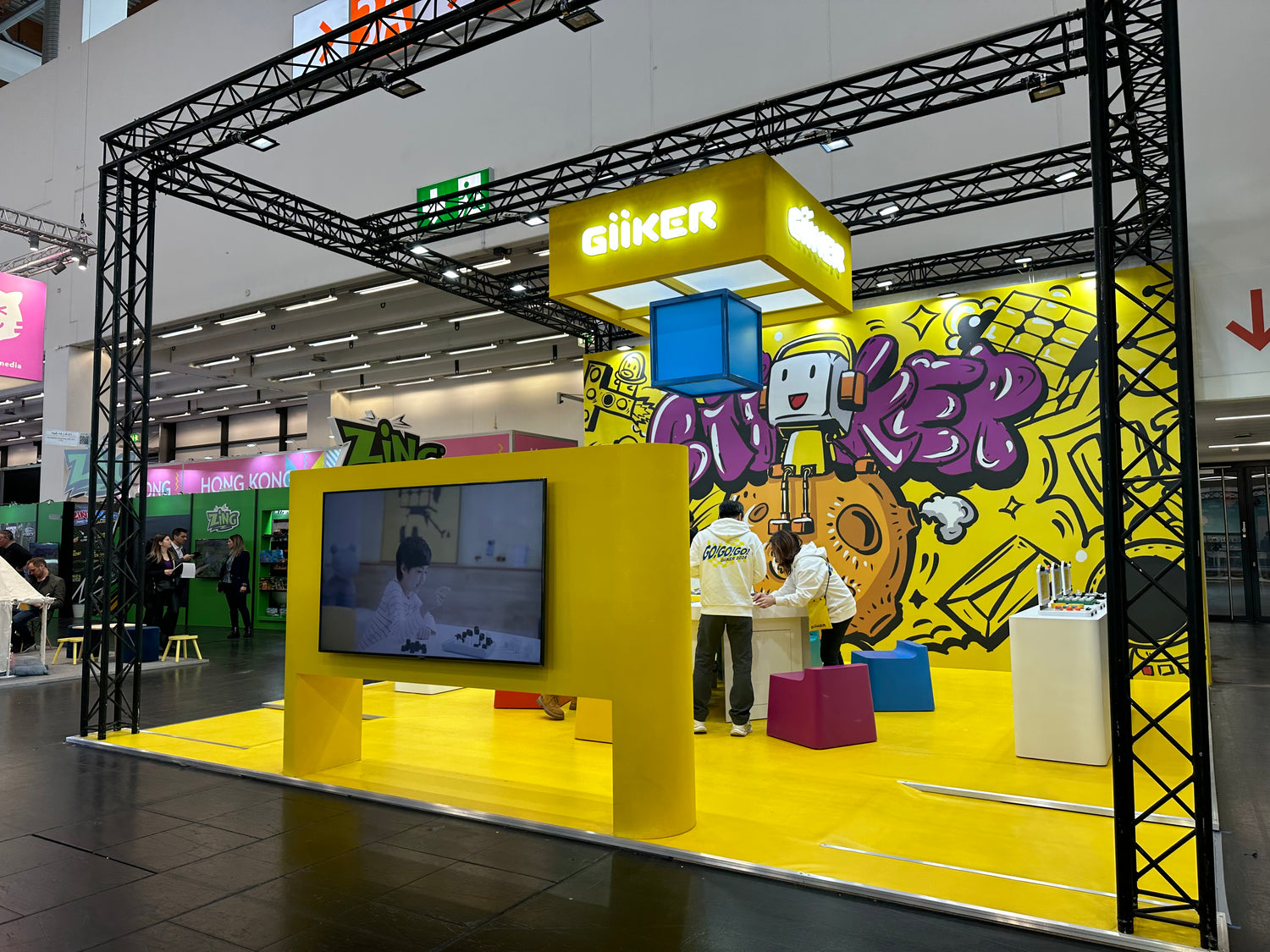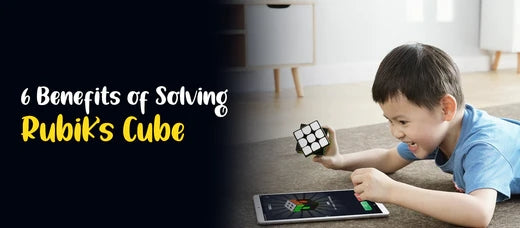GiiKER KSA event at the Nuremberg Toy Fair from 30 January to 3 February 2024 in Hall 3A, Booth A01, was a great success, and be among the first try out our new toy! 📸Share your thoughts below and take a guess at what this new innovative game is! 🤔

Can you spot it from the photos?

Discover the Joy of Puzzles
Dive into a world of engaging puzzles, mind-bending challenges, and educational games that inspire creativity, critical thinking
Unleash the Power of Smart Toys
Solve 1000+ challenges with 16 varieties of blocks.
BOOST YOURBRAINPOWER
Enhance cognitive skills like spatial thinking, pattern recognition, and strategic planning while keeping screen time minimal.
Benefits of Interactive Screen-Based Puzzles:
There are several advantages to using interactive screen-based puzzles. Interactive screen-based puzzles offer more than academic benefits. These games help children develop in many ways by promoting different skills:
Cognitive development:
Educational toys are often designed to contribute to a child's cognitive development, including logical thinking, critical thinking and analytical skills. By solving problems in toys, children can learn how to identify the core of a problem, explore different solutions, and predict possible outcomes.
Decision-making skills:
Toys can provide simulated environments where children can make choices and decisions in a safe environment. This helps them learn to weigh the pros and cons, consider the consequences and make informed choices.
Creativity and innovation:
Many educational toys encourage children to think in creative ways, such as building or designing new things. This innovative thinking is critical for future problem solving and decision making.
Social skills:
Teamwork educational toys help children learn collaboration and communication skills. Solving problems in a team can improve their leadership and teamwork skills.
Emotional Intelligence:
By facing challenges and solving problems, children can learn how to deal with failure and frustration, which is important for developing emotional intelligence and resilience.
Hands-on skills:
Some educational toys are designed to be hands-on, helping children develop fine motor skills and hand-eye coordination.
Conclusion
GiiKER educational toys provide a fun and educational learning environment for children by combining entertainment and education. These toys not only stimulate children's interest and engagement, but also develop their problem-solving and decision-making skills through play. Through facing various challenges and simulations, children can learn how to analyse problems, explore solutions, assess risks and consequences, and work with others. These skills are essential for them to be able to respond effectively and make informed decisions when faced with complex problems in their academic, professional, and everyday lives in the future. Overall, Giiker educational toys are a useful tool to help children develop key life skills while playing, providing a solid foundation for their growth and future success.


